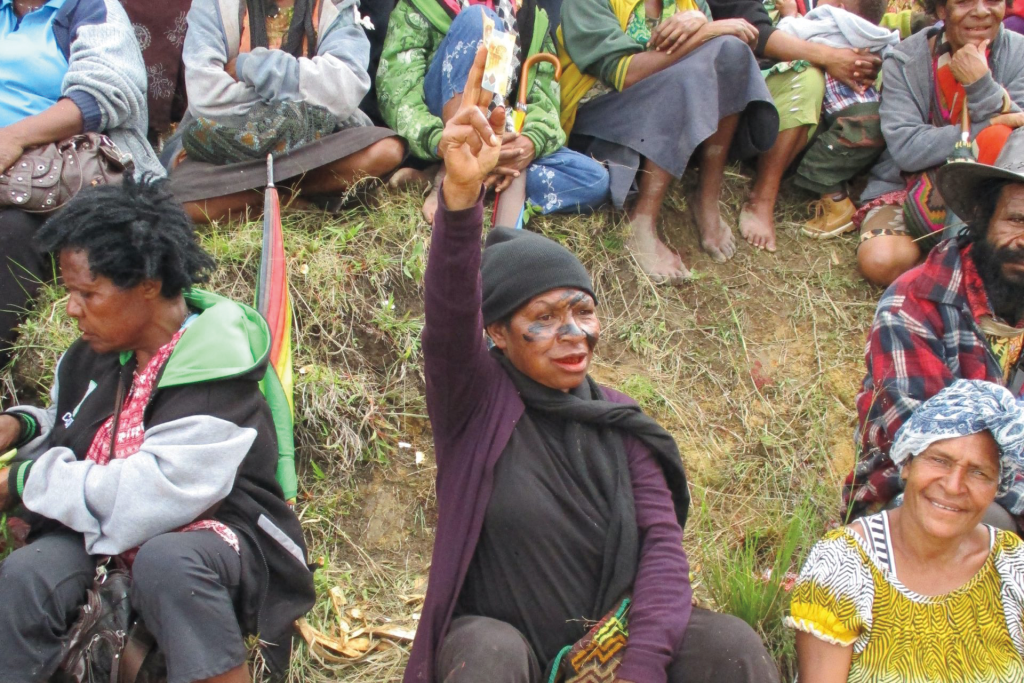
All human groups create systems for regulating cultural norms to maintain cooperation in society. Most large-scale populations employ a punitive judicial system. Advocates have long called for a more restorative justice system that repairs harm done to victims and reintegrates wrongdoers back into society, such as is done by the Enga of Papua New Guinea.
The Enga, a small-scale society, navigate western-style and customary village courts. The vast majority of disputes go through village courts. U anthropologist Polly Wiessner and a team of Enga researchers analyzed 10 years of records and documented 333 village court cases concerning assault, marriage, and land and property violations in a recent study.
Results of the study show that village courts overwhelmingly emphasize restorative justice, allowing both sides and community members to share their perspectives. There was no instance of summoning the police or recommending a jail sentence. Instead, the community assisted the wrongdoer in paying compensation to the victim and supported reintegrating the offender back into society.
As one senior Enga magistrate, Anton Yongapen, explained, “We have no law books. We must just listen to the different sides and use our heads and hearts to apply custom in appropriate ways to bring about justice today. Justice must not only be done but be seen to be done by community, else our goal of bringing about peace and harmony will not be achieved.”
Restorative justice has some drawbacks—it fails to remove truly dangerous people from society, and it’s hard to apply this small-scale approach to larger populations. But though difficult, the U.S. and other countries have seen considerable success with restorative justice in youth courts.
Read more about restorative justice among the Enga here.



Comments
Comments are moderated, so there may be a slight delay. Those that are off-topic or deemed inappropriate may not be posted. Your email address will not be published. Required fields are marked with an asterisk (*).